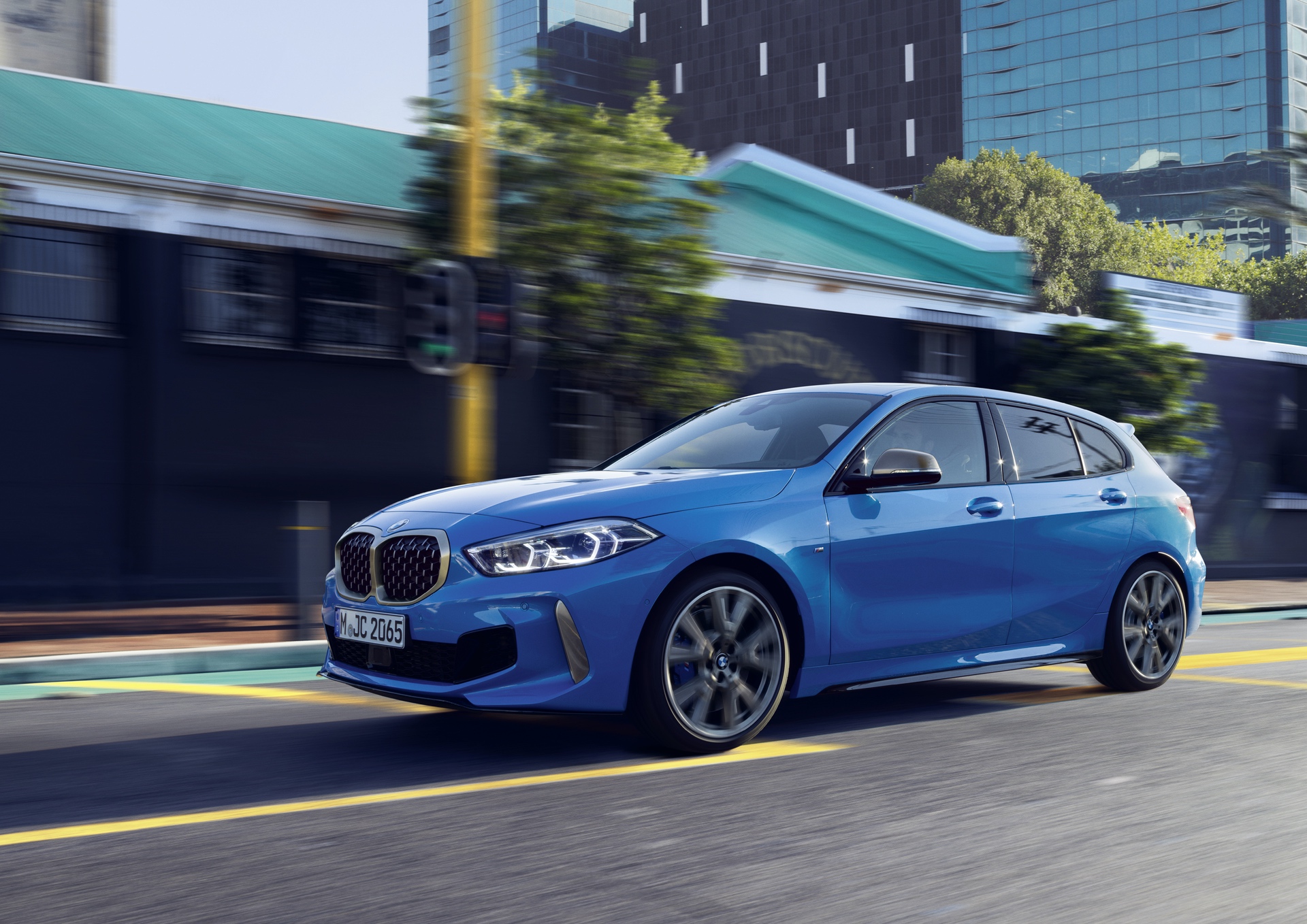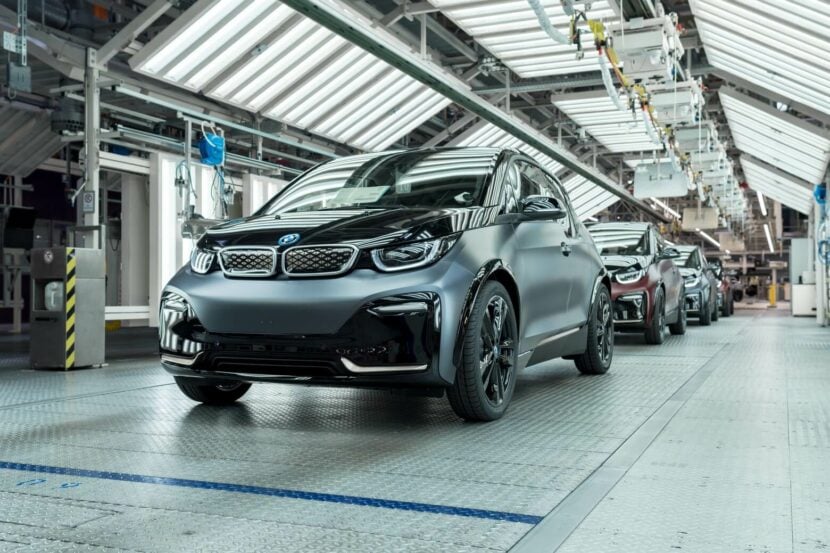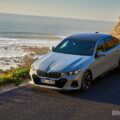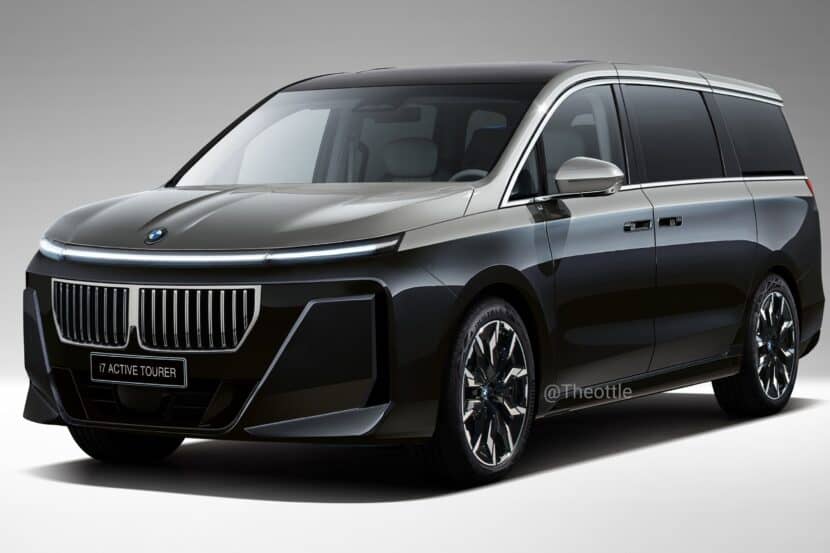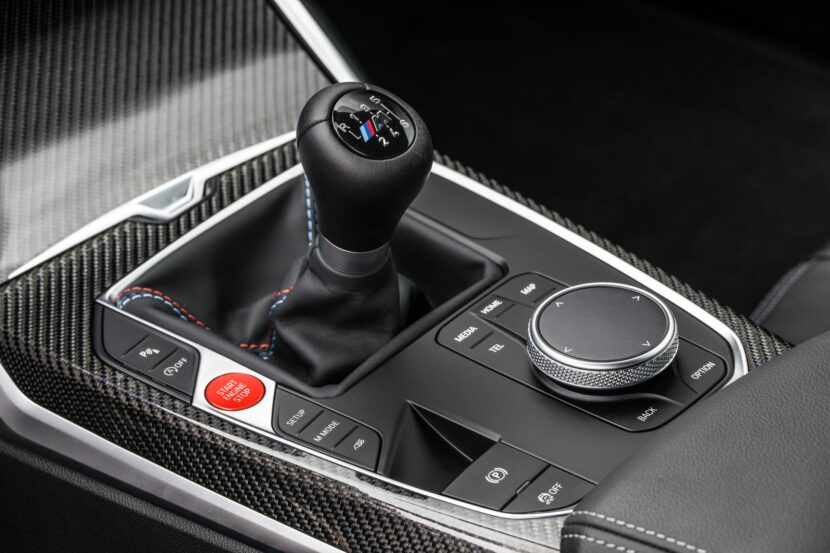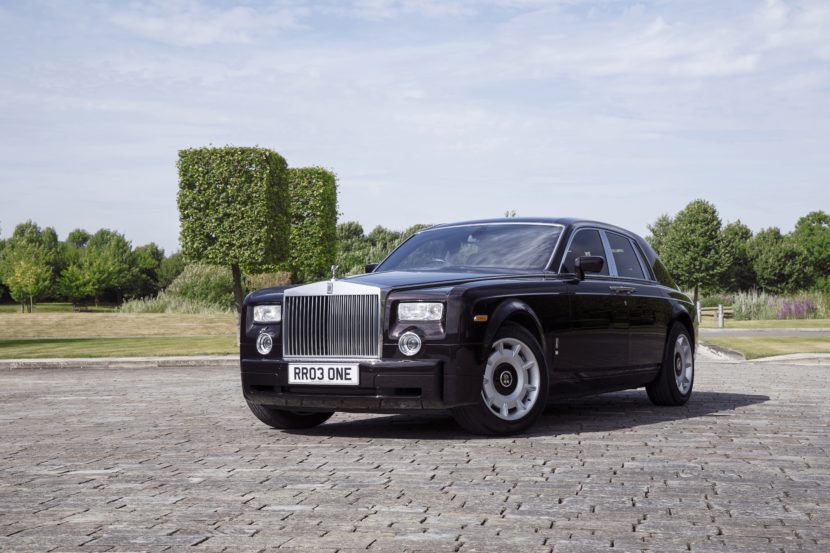BMW was wise to switch from its “Power of Choice” architecture idea of providing one single flexible platform for both internal combustion and electrification and moving toward an all-electric Neue Klasse platform. With it, BMW has the ability to offer a wide variety of electric vehicles, with different powertrain options, for all customers. According to the usual insider ynguldyn, the next-gen Neue Klasse-based BMW i4 Coupe and Convertible are coming in 2028 but we also now learned that entry-level BMW i1 and i2 models are on their way as well.
Codenamed NB0 (BMW i1) and NB8 (BMW i2), the two entry-level BMWs will be all-electric 1 Series and 2 Series model variants. Don’t get that confused, though, as they’ll be separate electric models, while there will be internal combustion versions of those cars built on the FAAR platform. The “NB” designation in their chassis codes indicate that they’re Neue Klasse-based and front-wheel drive. All “NA” designated cars are rear-wheel drive Neue Klasse EVs. However, Neue Klasse has the ability to offer any sort of electric powertrain layout; rear-wheel drive, front-wheel drive, or all-wheel drive.
If BMW can essentially choose which layout it wants, with any given car, why not choose rear-wheel drive for the basis of the BMW i1 and i2? After all, BMW is primarily a rear-wheel drive automaker. However, BMW seems to feel that customers in those spaces are more familiar with front-wheel drive dynamics and feel, so it will be a better move. While that might sound absurd to us enthusiasts, it’s probably true.
The customers that currently buy BMW 2 Series Gran Coupes and BMW X2s aren’t typically traditional, old-school BMW fans. A rear-drive bias is meaningless to them. So BMW is going to give them what they want by making the entry-level cars front-wheel drive and leaving rear-wheel drive for more seasoned BMW drivers. If you want an i1 or i2 but don’t want front-wheel drive, there will be all-wheel drive, dual-motor versions as well.
When the BMW i1 and i2 debut, they will almost certainly be a hatchback and gran coupe, respectively. They will also be the cheapest BMW EVs you can get. The BMW i1 will come first, in November, 2027, with the i2 coming later, in July 2028. It will be interesting to see how much they cost and where the sit, relative to gas-powered cars, in BMW’s range. If they’re cheap enough, they should be huge hits, but if they’re too expensive, not enough people will buy them.


